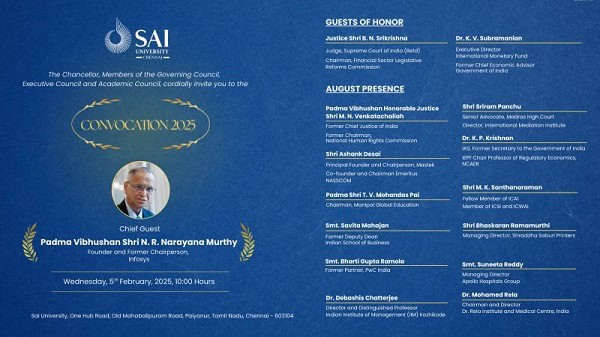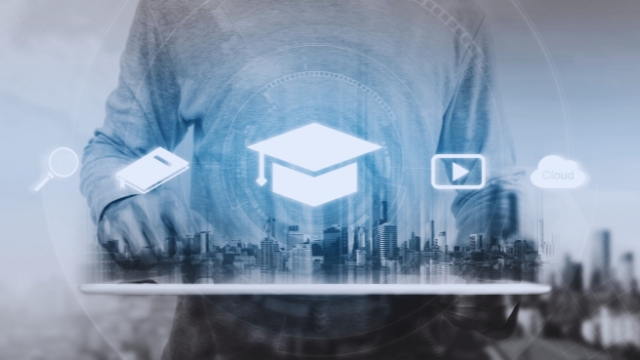
Artificial intelligence (AI) has become a transformative force in education, reshaping traditional classrooms and redefining teaching and learning methods. From automating administrative tasks to offering real-time feedback, AI is helping educators focus on what matters most: inspiring students and fostering curiosity.
How AI is Changing Classrooms
1. Personalized Instruction
AI algorithms identify individual learning gaps and tailor lessons to address specific needs. This ensures students progress at their own pace.
2. Streamlined Administrative Tasks
AI tools automate grading, attendance tracking, and administrative tasks, freeing up educators to dedicate more time to teaching.
3. Virtual Tutors and Support
AI-powered chatbots and virtual tutors provide 24/7 assistance, answering questions and reinforcing concepts outside of classroom hours.
Benefits of AI in Education
Enhanced Engagement
Interactive tools like AI-driven simulations and gamified learning experiences make lessons more engaging and enjoyable.
Data-Driven Insights
AI analytics offer educators insights into student performance, enabling proactive interventions and targeted support.
Global Reach
AI bridges gaps in access to education by offering high-quality resources to students in remote areas or underserved communities.
Challenges and Ethical Considerations
Bias in Algorithms
AI systems can unintentionally perpetuate biases, impacting the fairness of educational outcomes.
Teacher Adaptation
Educators must learn to integrate AI tools effectively, which requires professional development and training.
Privacy Concerns
The collection and use of student data raise ethical questions about privacy and consent.
Case Study: AI in Action
In China, AI is being used extensively in classrooms to analyze student behavior, track engagement levels, and provide personalized feedback. Companies like Squirrel AI are at the forefront, offering adaptive learning systems that cater to individual needs.
The Future of AI in Classrooms
AI’s potential in education is limitless. Future applications may include immersive learning environments, predictive analytics for career planning, and AI-powered peer collaboration tools.
Conclusion
AI is revolutionizing education by enhancing efficiency, accessibility, and personalization. While challenges remain, the thoughtful integration of AI into classrooms has the potential to create a future where learning is more effective and inclusive than ever before.










